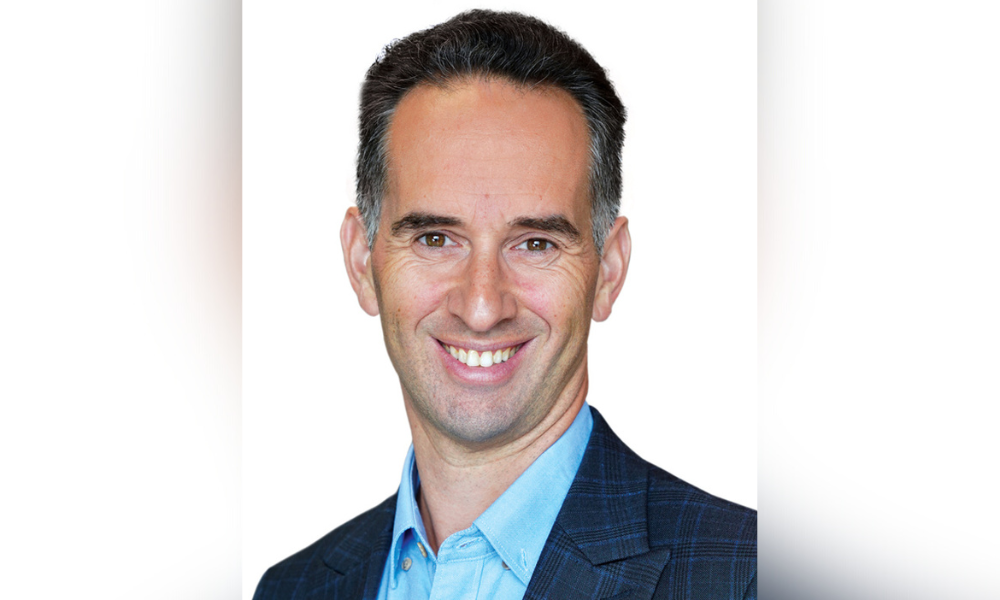Lender wants to help clients overlooked by banks

Non-bank lender Liberty is making a difference in the alternative lending space in New Zealand.
The non-bank defines itself as a free-thinking lender that offers innovative solutions to support customers with greater choice. Since 2001, Liberty has specialised in creating custom home loans for Kiwi borrowers who may not be serviced by traditional lenders.
Liberty Financial CEO Aaron Skilton (pictured above) said due to Liberty’s financial strength, it was one of the few non-banks that continued to serve customers through the global financial crisis and the pandemic and continued to grow today.
“Liberty has always taken a case-by-case approach to borrower assessment and our home loans are designed to appeal to a wider range of borrowers,” Skilton said.
“This means customers who have a low deposit, imperfect credit, or are self-employed still may have options because we’re always striving to find the right fit for a wider range of borrowers. We offer a suite of flexible home loan products from 90% lending, right through to no-doc products, further enhancing our flexible approach.”
Skilton, who is also the CEO of Liberty subsidiary Mike Pero Mortgages, said the non-bank knew not all borrowers were the same, so Liberty could provide greater choice, scope and flexibility to assist its customers that were not well serviced by the traditional approaches of a bank.
“Unlike major banks, the primary distribution model of non-banks is through the third-party broker channel,” he said. “Non-banks are an essential part of the broker proposition and from Liberty’s perspective, our commitment to supporting the broker channel is unwavering.”
Skilton said particularly in uncertain times, mortgage advisers and their customers needed more flexibility and choice.
“Liberty provides a diverse product range including a low-doc option for customers who have been self-employed for less than two years; no-doc for short term investment asset lending; options for the credit impaired and low-deposit options for first homebuyers,” he said.
“We do not face the LVR restrictions that banks do, so this means that Liberty can better service broader segments of customers that the banks are unable to. The flexibility and free-thinking nature of Liberty products is a primary advantage in an ever-changing market.”
Skilton said Liberty understood the importance of helping first-home buyers onto the property ladder and that brokers were looking for swift turnaround times, good credit policy and pricing, strong support from BDMs and a varied and easy-to-use range of products.
“Liberty has always had a flexible, client-first approach to service. This is due to our free-thinking approach to understanding the needs of each customer, which is the cornerstone of our stability and success and it enables us to provide more options so that brokers can find the best solution for every kind of customer.”
Skilton said whether brokers had self-employed customers or customers with a blemish on their credit history and who wanted a fresh start, Liberty had the flexibility to work with brokers to assess those with unique circumstances and help them to “get financial”.
“The breadth of our product offering means mortgage advisers have more ways to grow their business and help more customers.”
Since 2001, Liberty had specialised in finding custom solutions for New Zealand borrowers who might struggle to find a loan with more traditional lenders.
“We recognise that a one-size-fits-all approach doesn’t work because every broker is different – with different customers and unique needs, which is why we look at the whole picture when assessing a borrower and why we’ve steadily built our value proposition and offering,” Skilton said.
“Looking forward to 2023, as banks continue to restrict their lending appetite, offering alternative lending solutions would become the new normal for most brokers and we expect demand for our custom and alternative lending solutions to only increase as more customers actively seek out competitive lending solutions that better align with their goals.”



